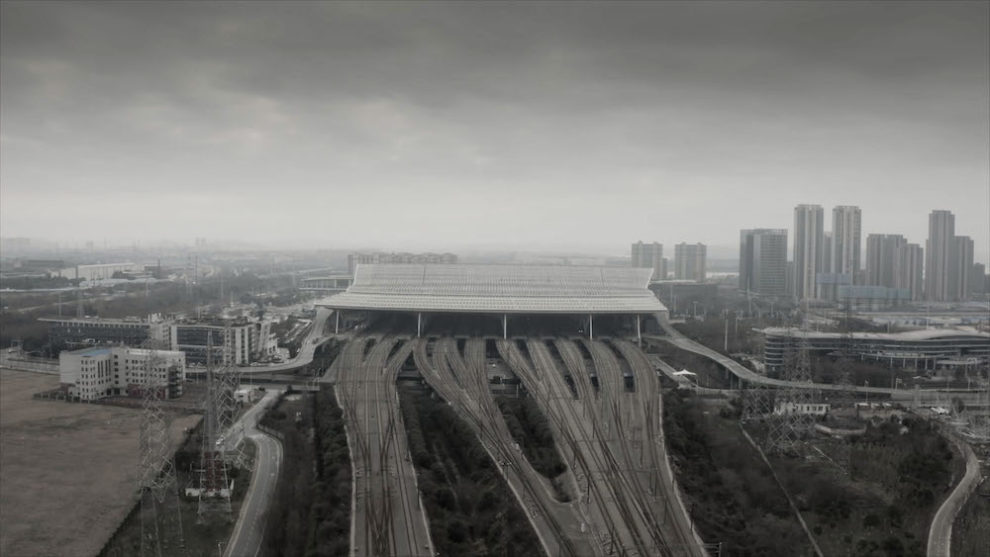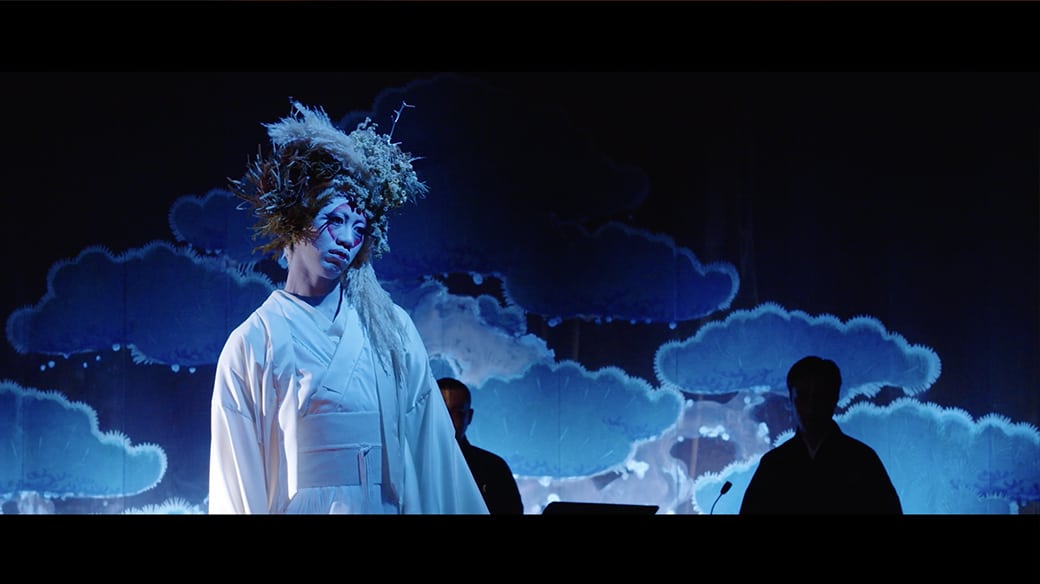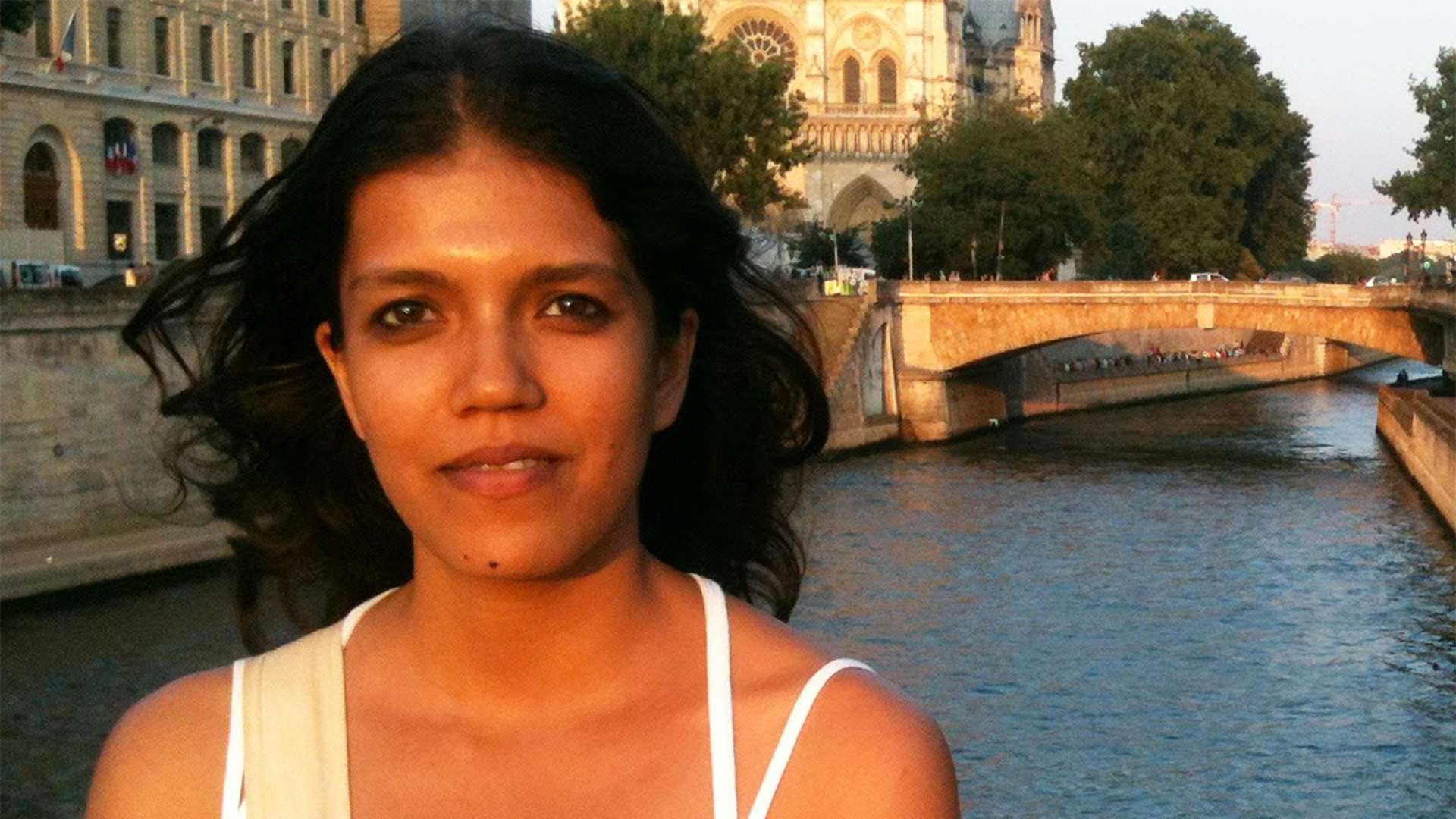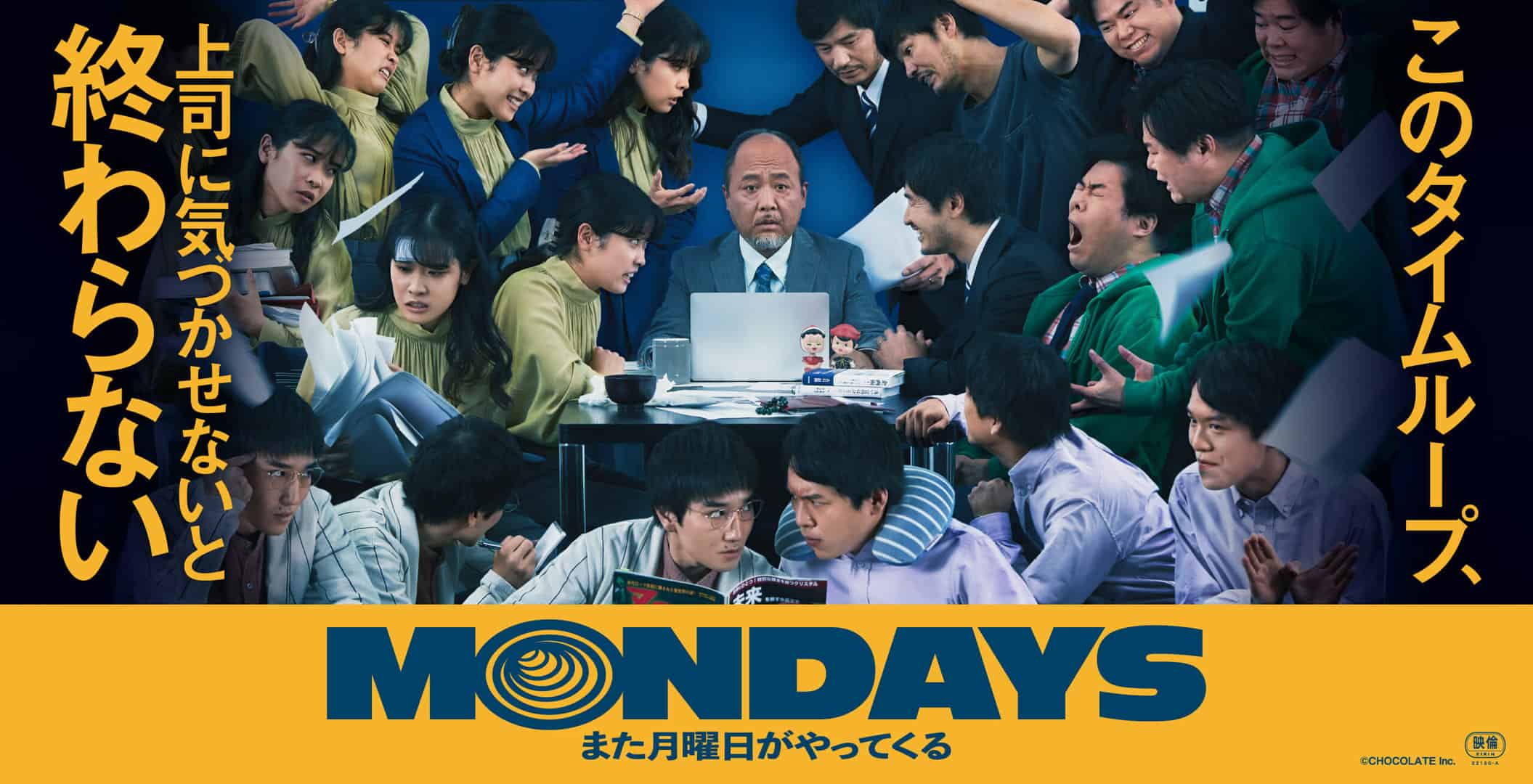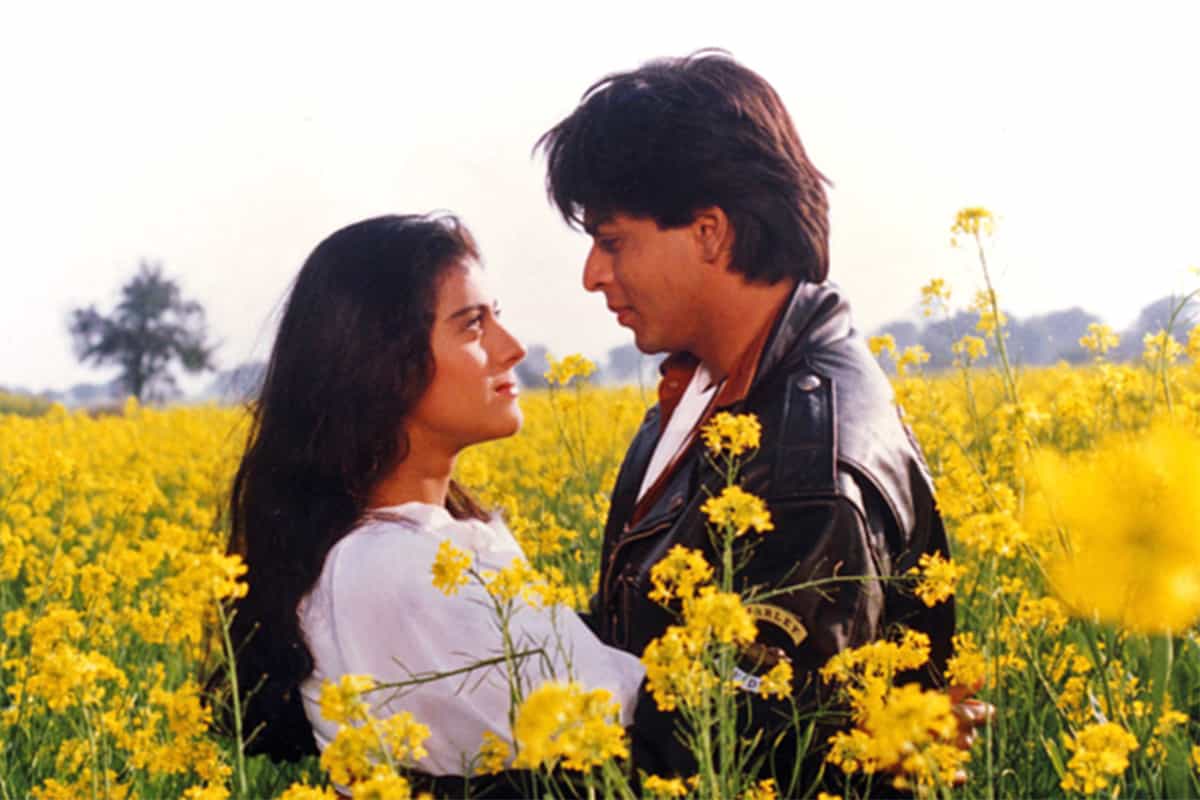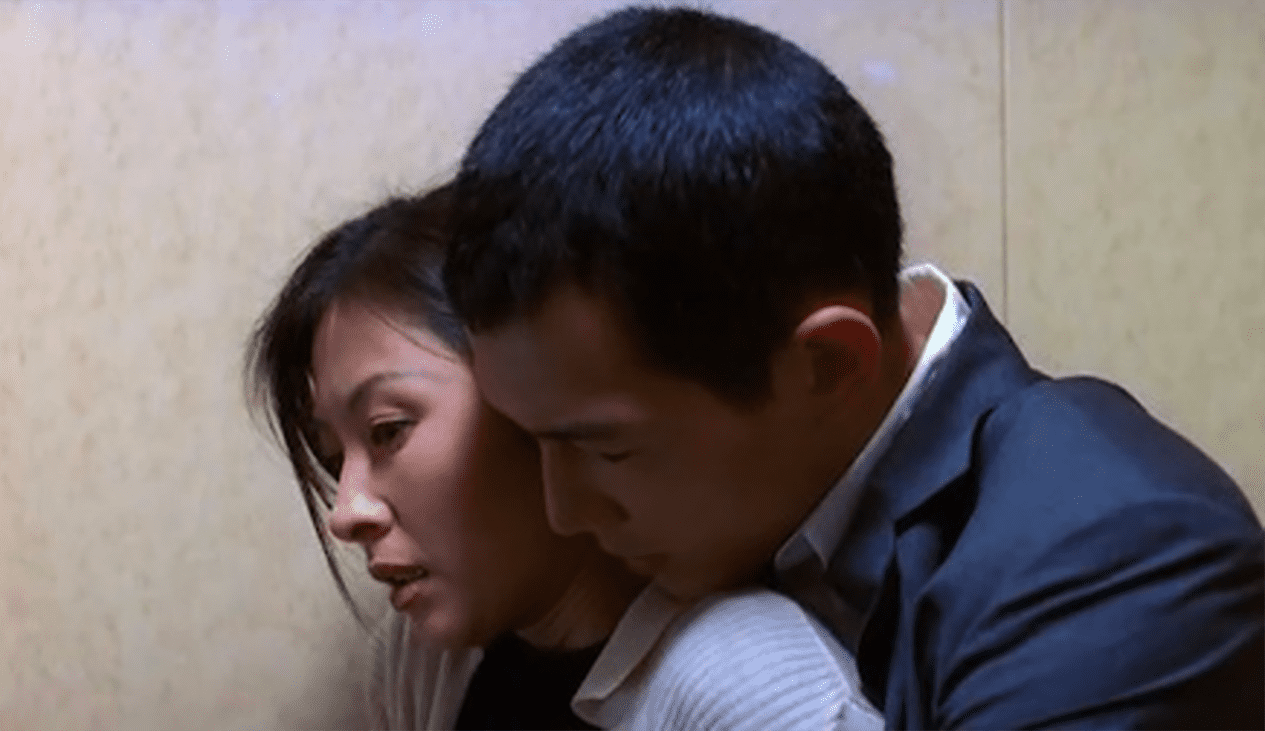Ever since the first patient in Wuhan, China was diagnosed with Covid-19 symptoms, the coronavirus has the world in a tight grip and left its mark, not only this year, but probably for some more years to come. While the virus will be fought and ultimately beaten whenever a vaccination will become available, the impact of the pandemic, the many deaths, the way it has shaped our lives and how it has dismantled politics and economics has been quite enormous. Nevertheless, while its global effect will still have to be measured, it certainly makes sense to explore the aftermath of the virus outbreak and the lockdown more closely, since the events which have led to these hold answers and stories about hierarchies of power in a state, how our modern society deals with a situation such as this and whether our global infrastructure can truly handle such a challenge, and those that undeniably lie ahead.
In his new documentary titled “Coronation” Chinese director and artist Ai Weiwei takes a look at the lockdown in Wuhan.. Using footage recorded by local citizens, he shows the effects of the event, before and after, from the perspective of people like Meng Liang, an emergency construction worker prevented from going back to his hometown because of the lockdown. Besides such personal stories, he also shows the official side which was broadcast in the media worldwide with the images of medical personnel from all over China arriving in Wuhan to help, to set up large field hospitals and support the local staff with treating the many patients infected with the virus. Lastly, he follows the stories of people who have lost family members or friends due to the pandemic as they go through a bureaucratic maze to finally be able to properly say goodbye to their loved ones or at least to collect their remains.
The strength in the work of Ai Weiwei lies in its openness and ambivalence, no matter whether we are talking about his art or his directorial efforts. His works on the refugee situation in Europe, titles like “Human Flow” or “The Rest”, deal with human stories at their core while the political, social and economic aspect of the matters becomes the interpretation of the viewer. Considering its subject matter and the pandemic are still part of our present, the same thing cannot be said for a documentary such as “Coronation”. Starting from the very first image, showing Wuhan station in a wide shot at the time of the lockdown – a technique he uses several times in the documentary – there is a tone of silent unrest and even rage. At the same time, these feelings seem to have no real direction as the mind of spectator, similar to the director as it seems, still needs time to make sense of these images, the stillness of a whole city and the wide open space.
However, as with his previous works, Weiwei's images concentrate on those experiencing powerlessness. While the doctors, nurses and the rest of the medical staff do their best to do what is necessary, it is the repeated stories of bureaucracy, of disguising facts and the ideology-infused images emphasizing we should “carry on” and “have faith”, while those in charge remain hidden, exchanging positions within the state and maintaining the status quo. It is the feeling of being “tiny and powerless”, as a man inquiring for the ashes of his father puts it quite eloquently in one of the scenes. A viewer might leave “Coronation” with the idea this impression and experience will likely have a lasting impact on a whole generation.
“Coronation” is a powerful documentary by Ai Weiwei about the coronavirus outbreak, the lockdown and its consequences. It is not an easy film to watch, but one which puts the finger on a pressing issue which will linger with us all when the virus itself is long gone.


